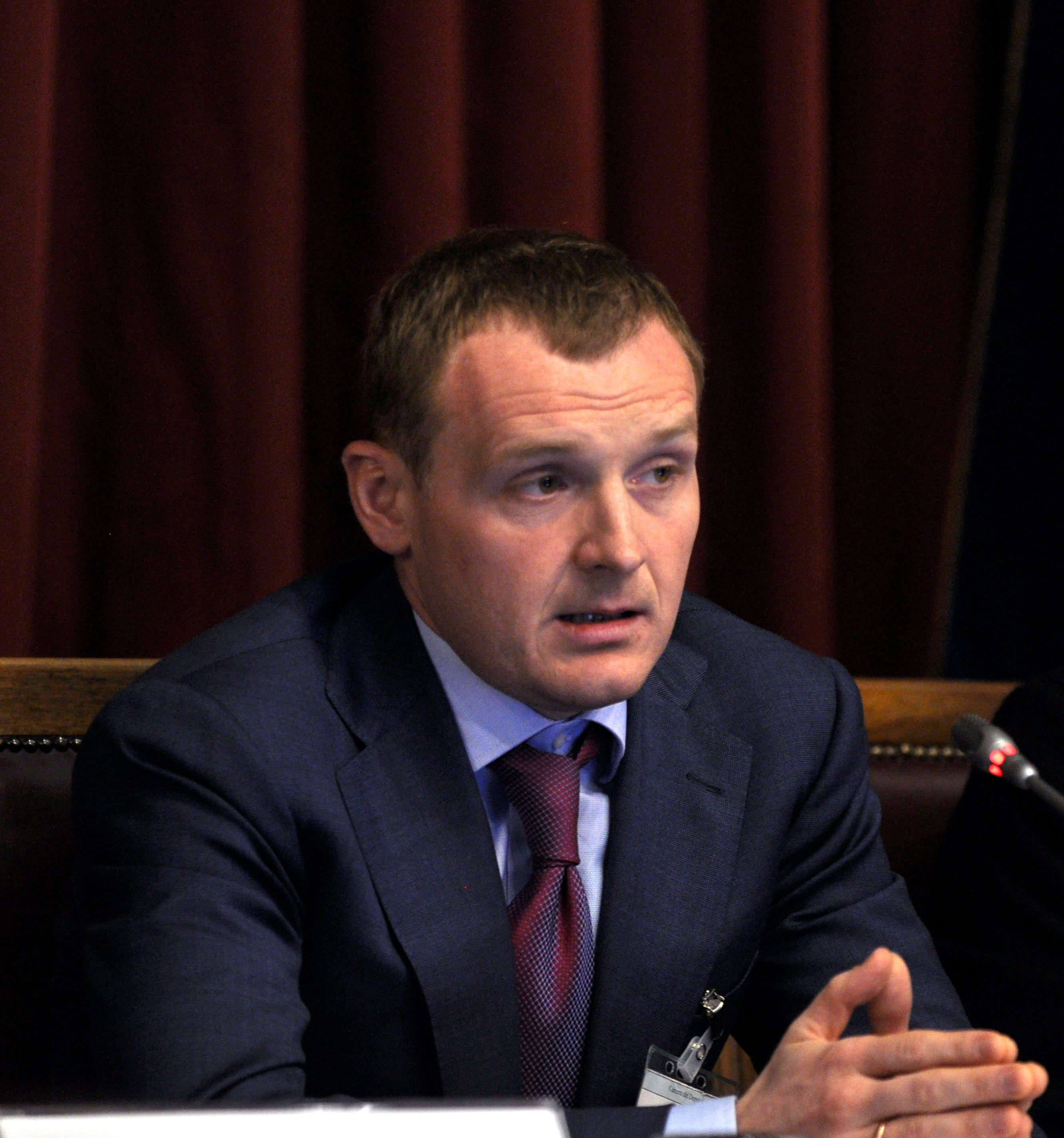The article analyses of the process of articulation of the most important practical imperatives of the Christian semantic universe as the ontological source of the social reality of modernity, carried out in early Christian disputes about the possibility of preaching the Good News to pagans. The subject of theoretical analysis represents three stages of church discussion: 1) in Antioch about the need for circumcision for non-Jews, 2) the so-called Jerusalem Cathedral, in which the apostles James, Peter, John and Paul and Barnabas took part, 3) Antioch dispute about the possibility of a joint meal between Jews and pagans. It is shown that in the process of these discussions, they did not just solve particular questions about the need for circumcision for non-Jews Christians or the obligation for them to comply with the Law of Moses. At this moment, the further strategy of the development of the Church and its opportunity to become a Catholic Church, the one that is transcending state and national borders, were determined. The structure of the assertion of the central doctrinal principles of Christianity, which has been reconstructed in the article, consists of 1) the act of collegial approval of the subjective existential experience of comprehending the Truth by Saul, who, as a result of church recognition, turns into Paul, the apostle of the pagans, 2) consolidation of the decisions of councils as a general ecclesiastical norm, which is fixating Truth at the level of unfalsified imperatives, 3) strengthening of intra-church solidarity and promotion of the Church as the only bearer of Truth in the process of the performative assertion of articulated dogmas. A conclusion is made related to the importance of social consolidation and promotion of ontological axioms for the formation of a Christian cultural universe, which has become the core of the social reality of Western civilization.
Keywords: Christianity, Paul the Apostle, council, church, social reality, existential experience, collegial decision
DOI: 10.22250/20728662_2022_3_5
About the author
 |
Viktor S. Levytskyy – Doctor of Sciences in Philosophy, Director of Ukrainian Institute of Strategies of Global Development and Adaptation; |






